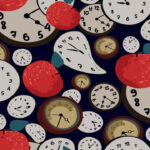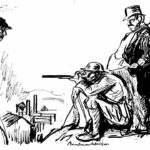
College, Interrupted
By their own admission, they are a little driven, used to studying among some of the brightest minds in the country, with goals held up that most folks never attain. Now all that has skidded to a partial halt, and they are sitting in their childhood bedroom fighting the temptations of a nap or a Netflix binge.









